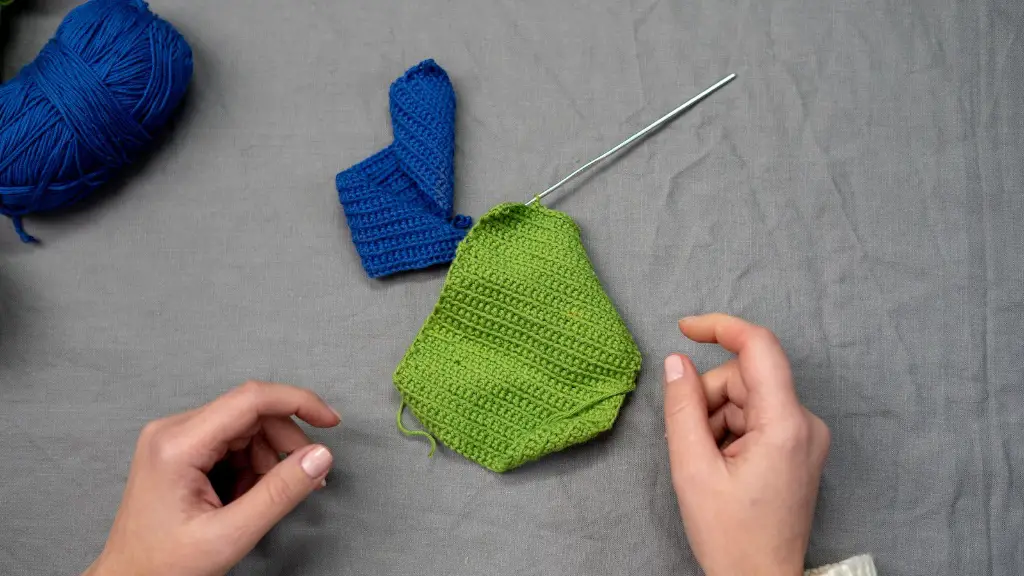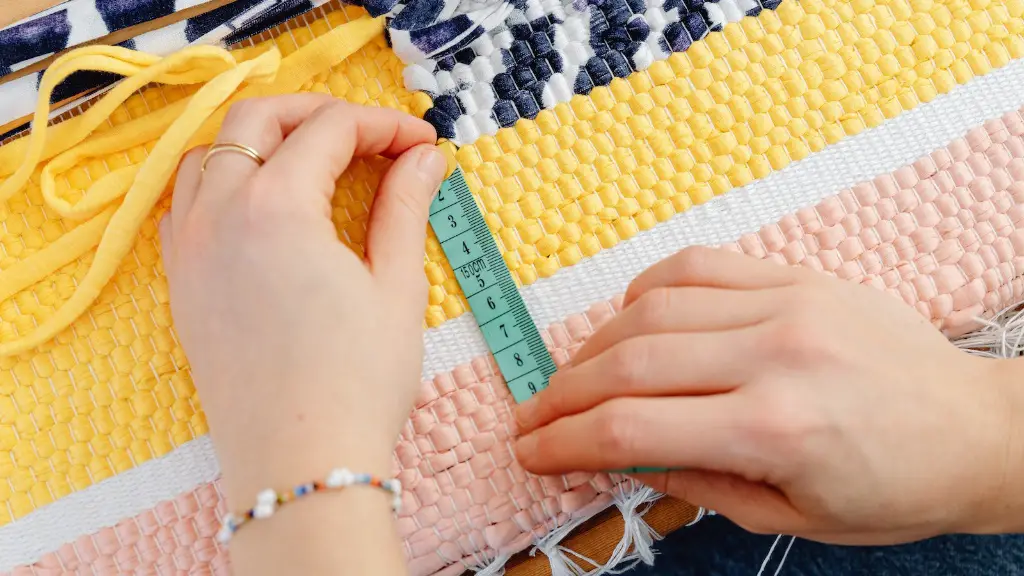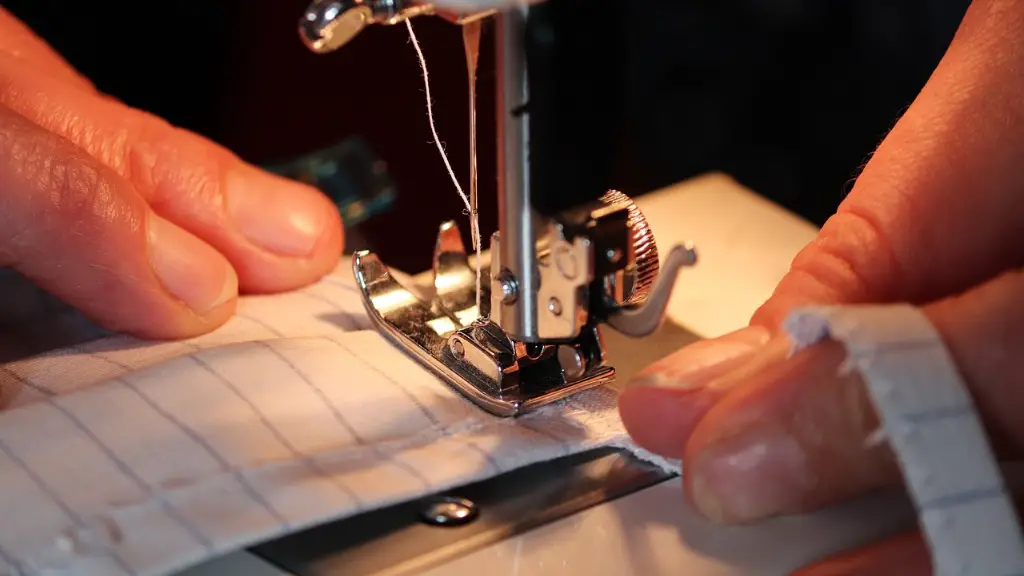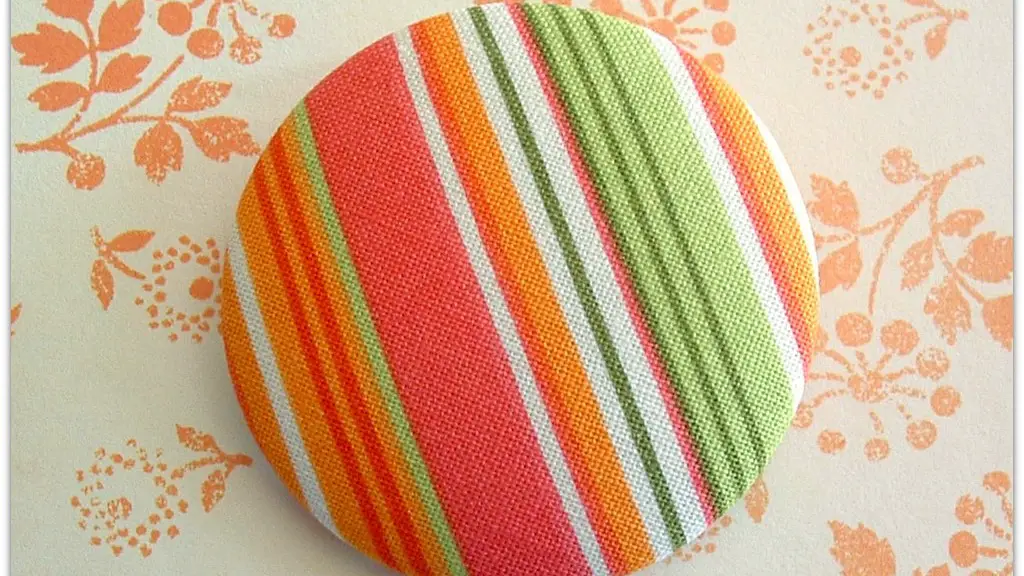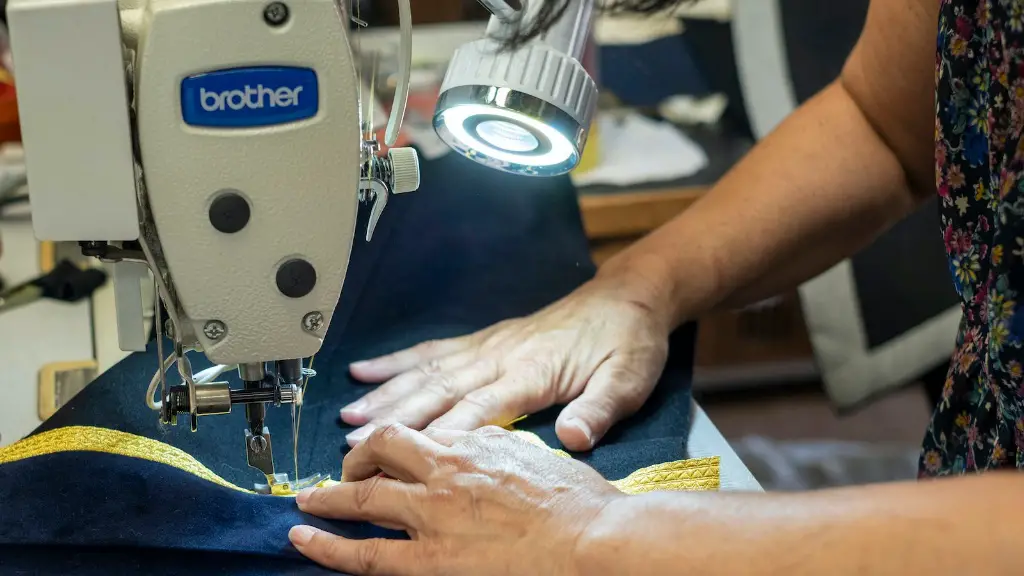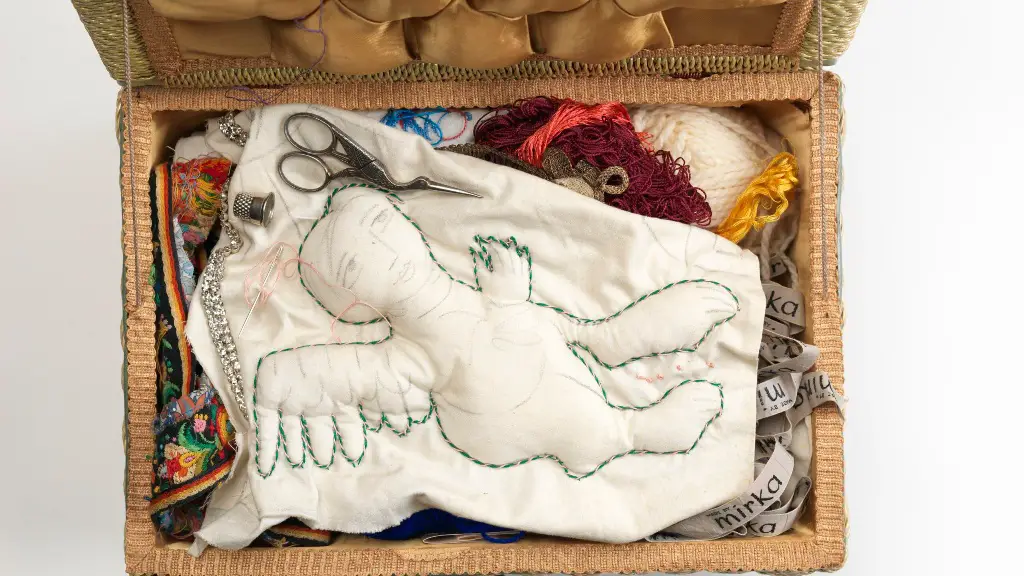In Nigeria, the cost of a sewing machine is determined by the size, features, and functions of the machine. Smaller, basic machines can cost as little as 25,000 naira, while more advanced machines can cost anything up to 500,000 naira.
For those looking to buy a machine, it’s important to consider not just price, but also how much fabric it can handle, as well as how easy it is to use. The more features and functions a machine has, the more expensive it is likely to be.
Those on a budget may want to look for second-hand models. While these can often be more difficult to find than new machines, they can be a great way to get hold of a reliable machine for a cheap price.
When looking for a sewing machine, it’s important to think about what you will use it for. If you’re a professional tailor, you may want a more advanced machine with more features. However, if you’re a beginner, a more basic model will tend to do just fine.
It’s also a good idea to shop around and compare prices. Different stores can vary significantly in price, so it pays to do some research before committing to a purchase.
Another thing to consider is whether or not the machine comes with a warranty. When buying a machine, it’s always best to go for one that comes with a warranty, as this can help avoid costly repairs and give peace of mind.
It’s also important to consider the cost of replacement parts and accessories. Some machines come with a range of accessories, such as replacement needles or extra feet, but these can be expensive to buy separately if they’re not included in the machine’s original purchase price.
Selection Criteria
When choosing a sewing machine, there are numerous things to consider, such as the type of fabric that the machine is suitable for, how easy it is to use, and the features and functions it offers.
Those looking for a machine with a lot of features and functions will want to look for a model with lots of stitch options, a wide range of fabrics and thread types, and an adjustable needle size. A machine with multiple speeds can also be useful for those working on large projects.
Machine size is also an important factor. Large machines are great for those looking to do sizable projects and need a lot of fabric space, but they can be bulky and difficult to store and transport. Smaller machines are great for basic projects but may not have all the features of a bigger model.
For those working on delicate fabrics, like lace and silk, it’s also important to investigate which types of machines are best for these fabrics. Some machines may not be suitable for delicate or intricate fabrics, so it’s worth researching before making a final decision.
Finally, it’s important to think about the portability of a machine. Many machines are quite heavy and can be difficult to move, while others are designed to be lightweight and more portable. For those who move their machine around a lot, a portable model may be worth investing in.
Accessories
When buying a sewing machine, it’s also important to think about the type of accessories it comes with. Some models come with all the necessary accessories, such as extra feet, bobbins, and needles, while others may not. It’s usually worth considering the cost of buying these separately before you make a purchase.
There are also other accessories available, such as cases and covers, which can be useful for protecting the machine when it’s not in use and for keeping all the different sewing tools in one place. It’s also worth looking into whether or not the machine is compatible with different accessories, such as quilting frames.
Finally, it’s worth considering the cost of replacement parts in the event that something goes wrong with the machine. Many parts can be quite expensive, so it’s best to shop around for replacement parts if you can, or find out what the manufacturer’s warranty covers.
Maintenance
Maintenance is also an important factor when it comes to buying a sewing machine. Regular cleaning and maintenance can help ensure that the machine is in good condition and can help to ensure it lasts for a long time.
It’s also important to check the manual for instructions on how to clean and maintain the machine. This will help to ensure that any delicate parts are handled correctly and that you don’t do any damage while trying to clean the machine.
In addition, it’s a good idea to check the machine regularly for any signs of wear or damage, such as loose screws or sluggish movements. If any of these are found, it’s important to take action and replace the affected parts to avoid costly repairs in the future.
It’s also worth investing in a cover or case to keep your machine safe and secure when it’s not in use. Not only will this help to protect the machine, it will also help to keep dust off the machine and make transportation much easier.
Insurance
Another thing to consider when buying a sewing machine is insurance. This can be invaluable for people who take their machines out into the world for events and shows, or for those who travel with their machines frequently. It’s a good idea to think about the kind of insurance you need before making a purchase, as some insurers may not cover certain types of sewing machine.
Finally, it’s worth remembering that a sewing machine is an investment, so it’s important to do some research before making a purchase. By considering everything from size and features to accessories and maintenance, you can help ensure that you get the best machine for your needs, at the right price.
